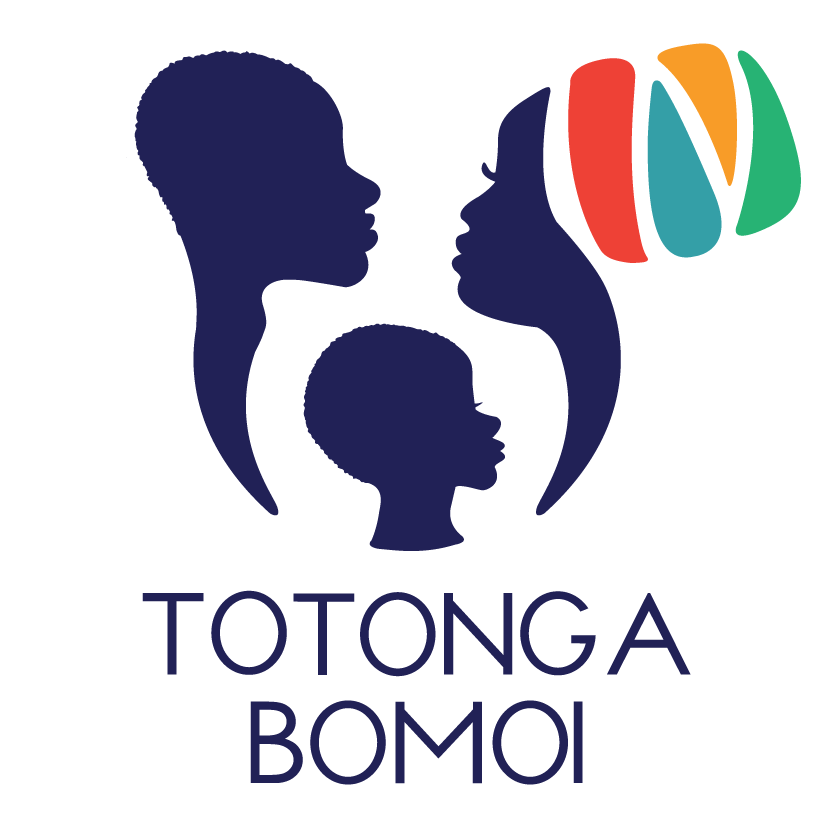"It's absolutely fundamental that you focus your energy on rebuilding. The only way to end the cycle of violence is to keep people busy, to give them jobs."
Emmanuel de Merode, Director of Virunga National Park
Goma, a city on along the Congo/Rwandan border, has suffered from civil conflict for decades. In 2013, Goma was terrorized by the Rwandan-backed rebel group M23. The iconic presence of the United Nations and other international organizations define the city's streets, restaurants, and shops. But, today, the endemic lack of employment and opportunity is changing.
Vanessa Jados has opened the first bakery (boulangerie) in Goma. "When you hear about Goma, it's always to do with the war, the volcano - you hear nothing good, but there are a lot of good things here." Development in Congo must begin and continue to grow from within. The Congolese are extremely hardworking and deeply committed to building a better future for their families. We must do our part to support their initiatives.
Below is a photo of Papa Jerome, Mama Philomena, and myself at the bakery in Aru, Congo. It was started by Luca, an Italian volunteer, in 2006. He trained several local Congolese (Atsidri is pictured below) in the art of bread-making. Today, the bakery is one of the most efficiently run shops in our village, and the rolls are delicious!



